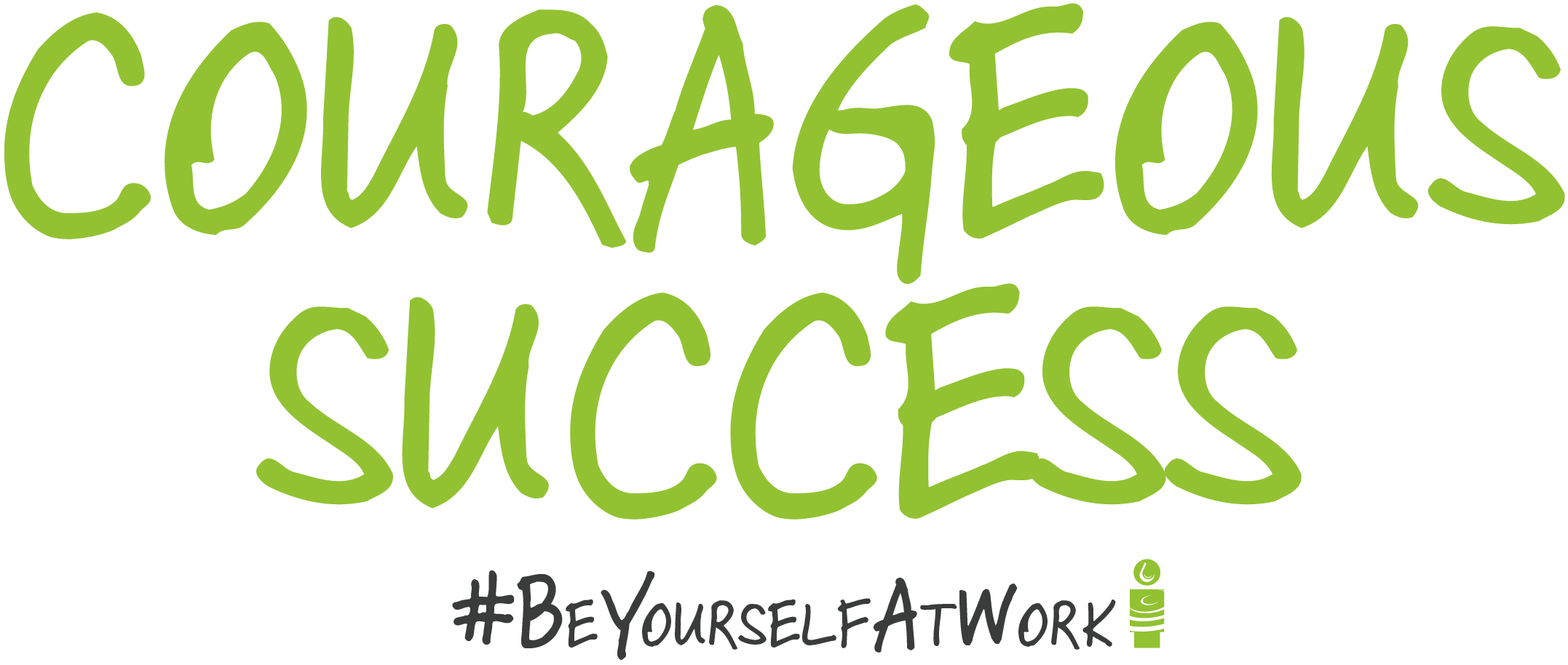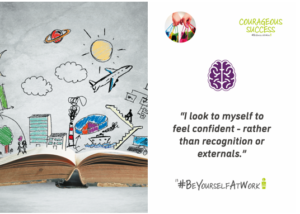“I’m trying to remind myself that I’m worried because I care…”
(Amy Gallo, author of the HBR Guide to Dealing with Conflict)

What must it be like having to wait to find out if you are the next US president? With the UK going back into a national lockdown and continuing research at Courageous Success showing that worry, anxiety and overthinking are a challenge for almost all of us, let’s explore some tactics to manage the fear of the unknown!
In the 2016 US election, Hilary Clinton supporters were reported to be “blindsided with overconfidence”, planning their celebrations before the outcome was announced. In my experience, most of us worry more about not succeeding than being overconfident about the future.
What is it about the unknown that makes us all want to have a crystal ball? Research from Dan Gilbert and Daniel Kahneman shows that we have a tendency to “overestimate the intensity of negative feelings, like sadness, anger, and frustration, and we think we’re going to experience them longer than we actually do”. Challenging experiences usually end up being less intense and any misery did not last as long as we expected. So, overthinking and fear is basically wasted energy.
In a recent HBR article Amy Gallo shares that the pain of disappointment is often proportional to what you have invested, so when you are worried about how devastated you might feel, her encouragement is to remind yourself that that’s the cost of caring. So, is it bad to care? Do your care levels stress you out?
Caring is something that almost everyone has on their iAM in some capacity. We care for others, helping people out in our own ways. But there is a pattern on the type of care we have and its health when it comes to dealing with ambiguity or fear of disappointment. How emotional is your care? And how important is this feeling of caring amongst other parts of us. They say if you never allow yourself to love you will never find love. The feeling of caring provides colour and depth to our lives. Care brings meaning – there are big advantages to caring about an outcome! The trick is to manage our reactions and control our perspectives.
Your experience of ambiguity may not be as vast as the US presidency, it may be just the disappointment of not being in the office due to lockdown, but one thing is for sure. Living with an aspect of ambiguity can mean that we appreciate what we do want when it becomes our reality. We count our blessings, we make the most of things, we recognise the good.
Reducing the energy of inner fear and anxiety in your reality can help. How?
- Challenge your habits, notice the positives around you and adapt or make plans for what you would like to change. Stay conscious.
- Be aware of your behaviours. No matter how challenged you feel if you focus on being a good person it is harder for your energy to nose dive.
- Don’t exaggerate things. Keep things as small as they actually are. The headlines will be different tomorrow.
- Check yourself for dramatical language. It will just amplify the fear and waste your energy.
- Choose to be positive, yes, it is as simple as that.
- Use the opportunity to look at things differently. Ask yourself, “What do I want and not want?” and think things through for a new way forward.
If you can see the challenges in your world as highlighting the future positives and at the same time trust that no matter what happens you will manage it well, then the ambiguity can actually be quite exciting!
Be you.

